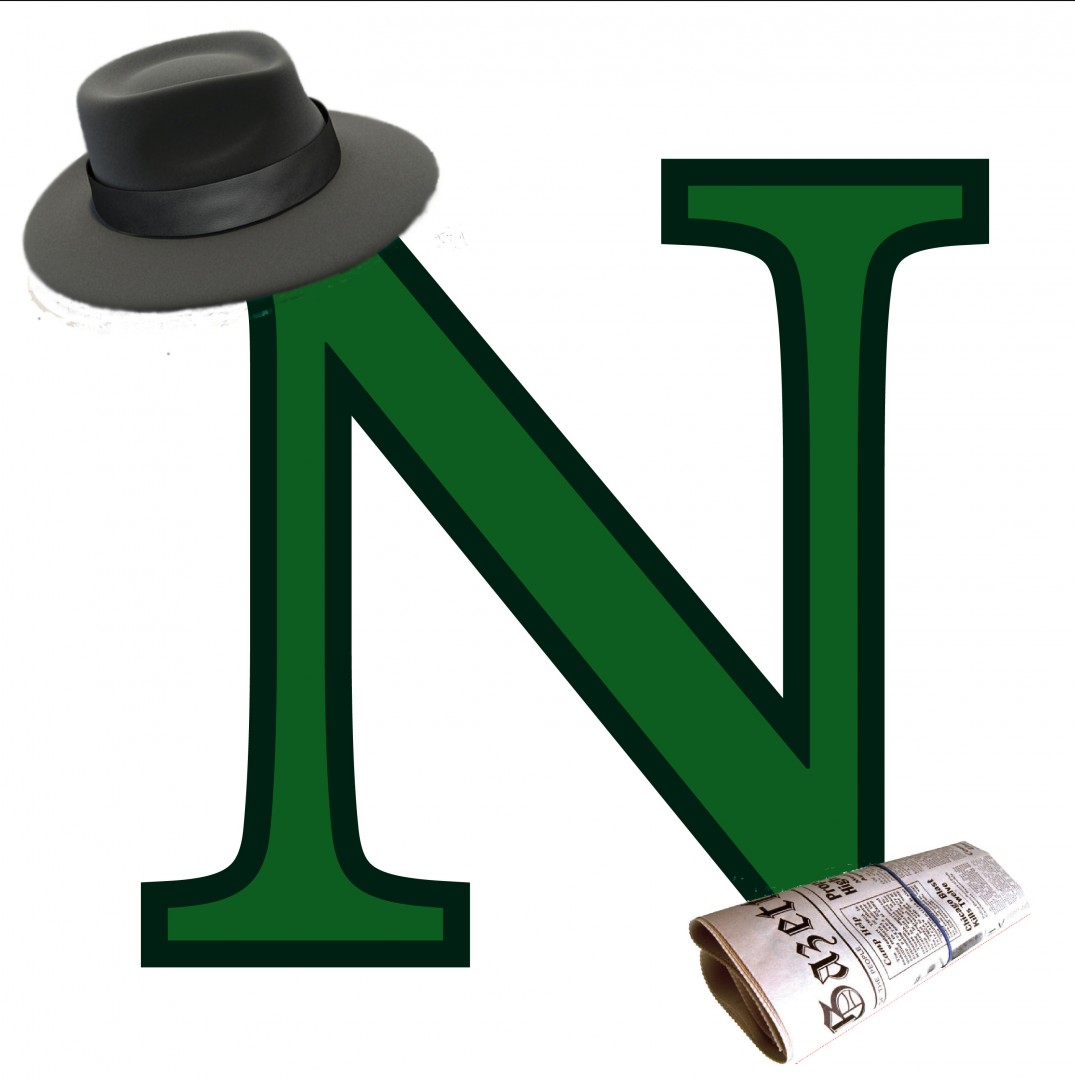On Tuesday, Jan. 14, DU’s Department of Political Science hosted a panel of DU political science alumni in Sturm to speak about their careers and what led them to success after graduating.
The panel included Kelsey Yamasaki, employee of the Office of the Auditor for the City and County of Denver; Audrey Kline, political director for Denver Area Labor Federation; Andrew Struttmann, field director for Scott Gessler for Governor; Julieta Quinonez, outreach manager for Denver Public School’s Multicultural Outreach Office; and Jonathan Adams, academic advisor for the Community College of Aurora.
The panel spoke about how they came into their careers and shared advice about what was helpful during their undergraduate experience. The event was organized by Associate Professor of the Department of Political Science Nancy Wadsworth.
“We haven’t done something like this before. We’re doing this because when we graduated there was no guarantee that it would get you a job,” said Wadsworth. “We just wanted to give [students] encouragement and give some insight about mistakes made and lessons learned.”
There was a general consensus among the panelists that undergraduate students need to actively network while completing their degree.
Seth Masket, co-host of the event and chair of the Department of Political Science noted that networking can happen anywhere.
“Networking means just talking to people. Ask them what they do, be curious,” said Masket. “But don’t overdo it. If you’re only using people as cogs in the machine of your career they’ll sense that.”
Wadsworth agreed that speaking to people and having a sense of curiosity is essential to success during and after an undergraduate career.
“Don’t be afraid to strike up a conversation with your professors, or to be curious about [learning] other things,” said Wadsworth.
Struttmann encouraged students to network and have a sense of humility after college.
“The market is difficult. It’s hard to get into [politics],” said Struttmann. “There is [no job] beneath you.”
The alumni panel also warned students to be cautious when representing themselves on social media.
Quinonez was able to give insight as to what employers look at when they are hiring new personnel.
“Be careful what you put on Facebook, even what your profile picture is,” said Quinonez. “It seems cliché, but I’ve seen it done. If there are a hundred applicants and your profile picture is you at some party with a beer you won’t get it. First impressions [even before meeting] are important.”
Kline, whose job includes hiring new personnel, agreed with Quinonez and also asserted that students shouldn’t hide their profiles either.
“I have friends on Facebook that change their names so that employers can’t find them, but speaking from experience I find this suspicious,” said Kline. “Everyone has a Facebook, and if I can’t find it I automatically assume they’re hiding something.”
The panel also agreed that simply putting yourself out there is the key to success after graduating.
According to Wadsworth, the event was the first in many to come. She said the idea of having alumni come back and share with students came to her after she became active on Facebook for a freshman seminar and former students started adding her.
“I put out a call for 12 of my former students and former students of other professors as well,” said Wadsworth. “We were lucky that we were able to find six students in the area with such a good range of different professions.”
Wadsworth hopes to make the panel of alumni an annual event that will take place in the fall as a homecoming event.
“If we are steady with it hopefully it will generate more energy and more interest,” she said.











